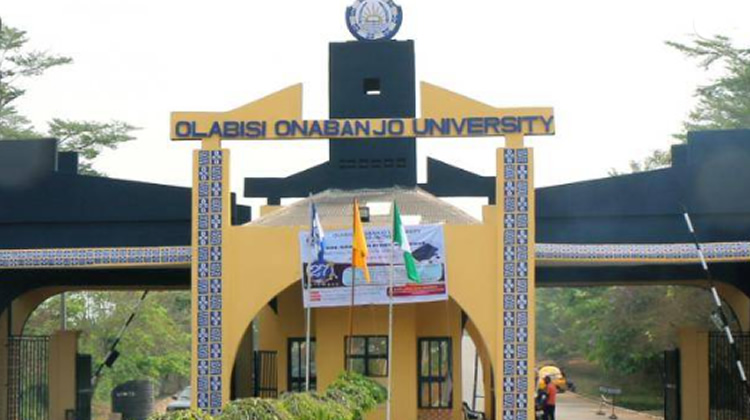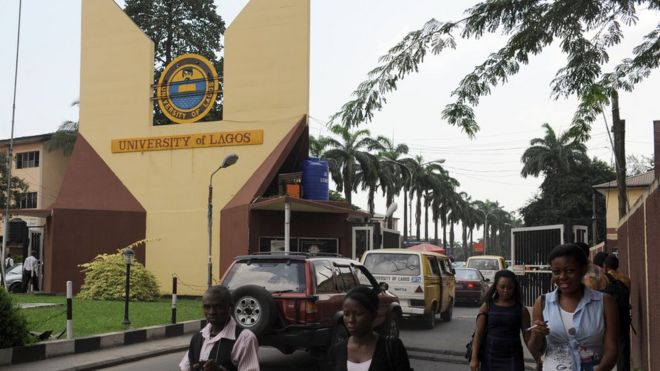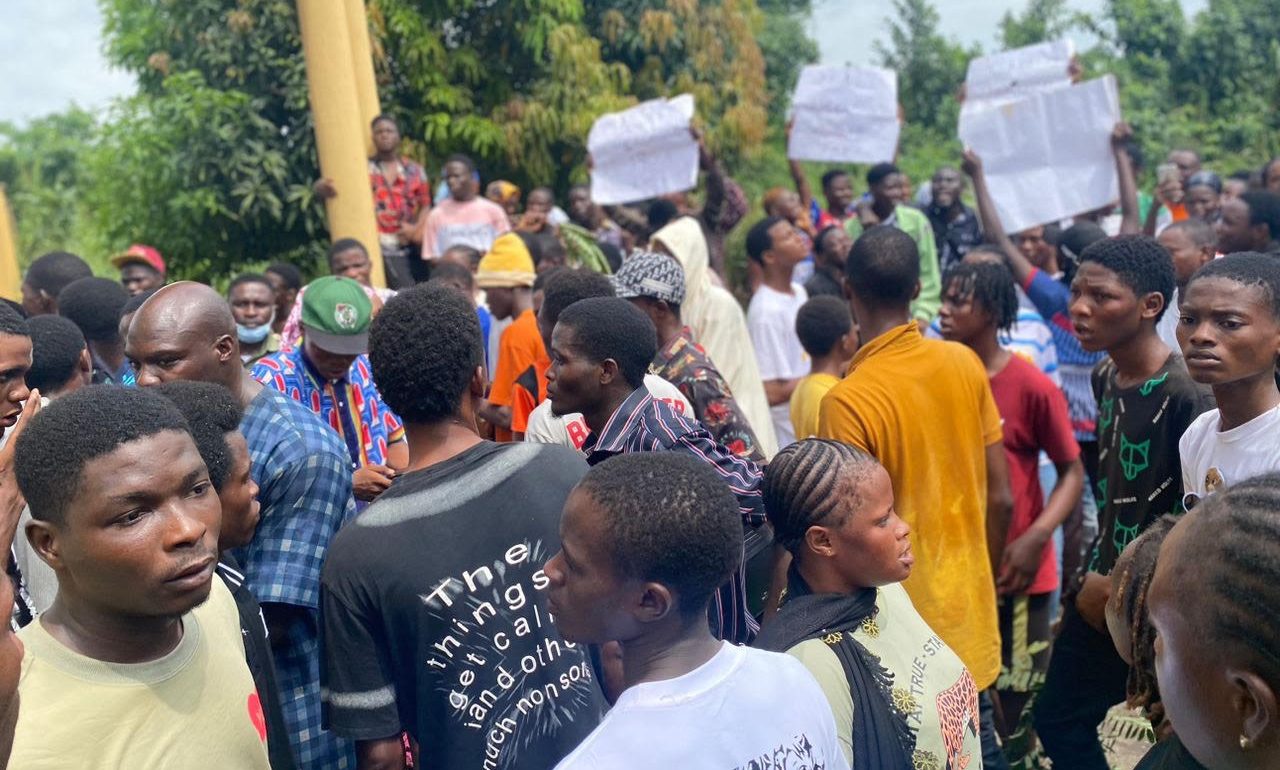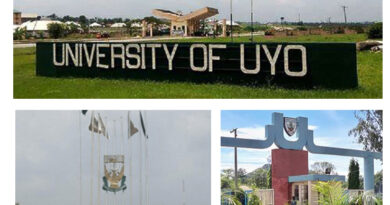OOU Slammed Over ‘No Bra, No Entry’ Policy During Exams
Olabisi Onabanjo University (OOU), Ago-Iwoye, has come under fire after a video surfaced showing female students being checked for bras before being allowed into an examination venue. The viral footage, which shows a queue of students being examined by officials, has stirred public anger and raised concerns about harassment and misplaced priorities in Nigerian higher education.
The incident reportedly occurred at the university’s main campus during a computer-based test. Officials, yet to be officially identified, were seen enforcing a controversial dress code by checking if female students were wearing bras. The footage quickly spread on social media, prompting widespread condemnation and questions about the dignity and rights of the affected students.
One student, speaking anonymously to PUNCH Online, confirmed that such checks are not new but are often carried out during examination periods. “They don’t do this every time. But during exams, they’ll check you if you’re wearing a bra. It has happened to me. I was embarrassed. That’s OOU and their nonsense,” she said.
Another student, Chioma, shared her frustration over the growing interference by campus security. “OOU doesn’t respect students. Security officers are always after us for slippers, shorts, and now bras. I’m glad this video went viral. Maybe now they’ll realise how senseless this is,” she said.
The backlash prompted a swift response from the university’s Student Union Government President, Muizz Olatunji. In a public statement on social media, he confirmed that the student union had engaged the school authorities to find a better approach to regulating dress without disrespecting students.
“The union is working with the school to promote decency through respectful means,” Olatunji said. He noted that the “no bra, no entry” rule was not a newly introduced policy but part of a long-standing dress code. He, however, urged female students to dress modestly, while also calling on staff to maintain dignity in enforcing such policies.
But many Nigerians are not convinced. On X (formerly Twitter), users expressed outrage over what they described as a demeaning and unnecessary practice.
@truebenny001 slammed the school, writing, “Foolishness of the highest order. These places are not universities. They are 3rd World degree marketing institutions.”
@GoldenEhis mocked the policy, suggesting, “The men in the school should start wearing bras too. Let’s show the management how ridiculous this is.”
@aaygee_O questioned the method of enforcement: “This is wrong. If they must do this, do they have to touch their breasts to check?”
Another user, @Globecore2, wrote, “If a university is more concerned about bras than brains, then their priorities are the real problem.”
Adding to the criticism, @ThisisSpaceman tweeted, “Nigeria pretends to be modest. But in these same schools, lecturers are demanding sex for grades. Fix the rot, not the bras.”
As the controversy deepens, many have called for universities across Nigeria to rethink their approach to dress codes and stop enforcing policies that infringe on students’ rights or dignity. For now, OOU finds itself at the centre of a debate that has gone beyond bras — it’s now about respect, rights, and the real priorities of education.
Tips and Recommendations:
- Nigerian universities should prioritize student welfare and academic integrity over rigid dress codes.
- Dress code enforcement must respect students’ privacy and dignity.
- University authorities should create clear communication and dialogue with student unions before implementing policies.
- Social media provides a voice for students—institutions must listen and respond constructively.
- Policies should reflect the real challenges on campuses, including lecturer misconduct, rather than targeting students’ clothing.
















